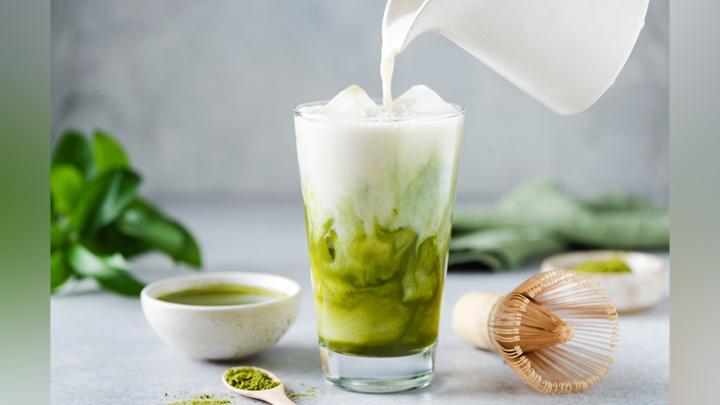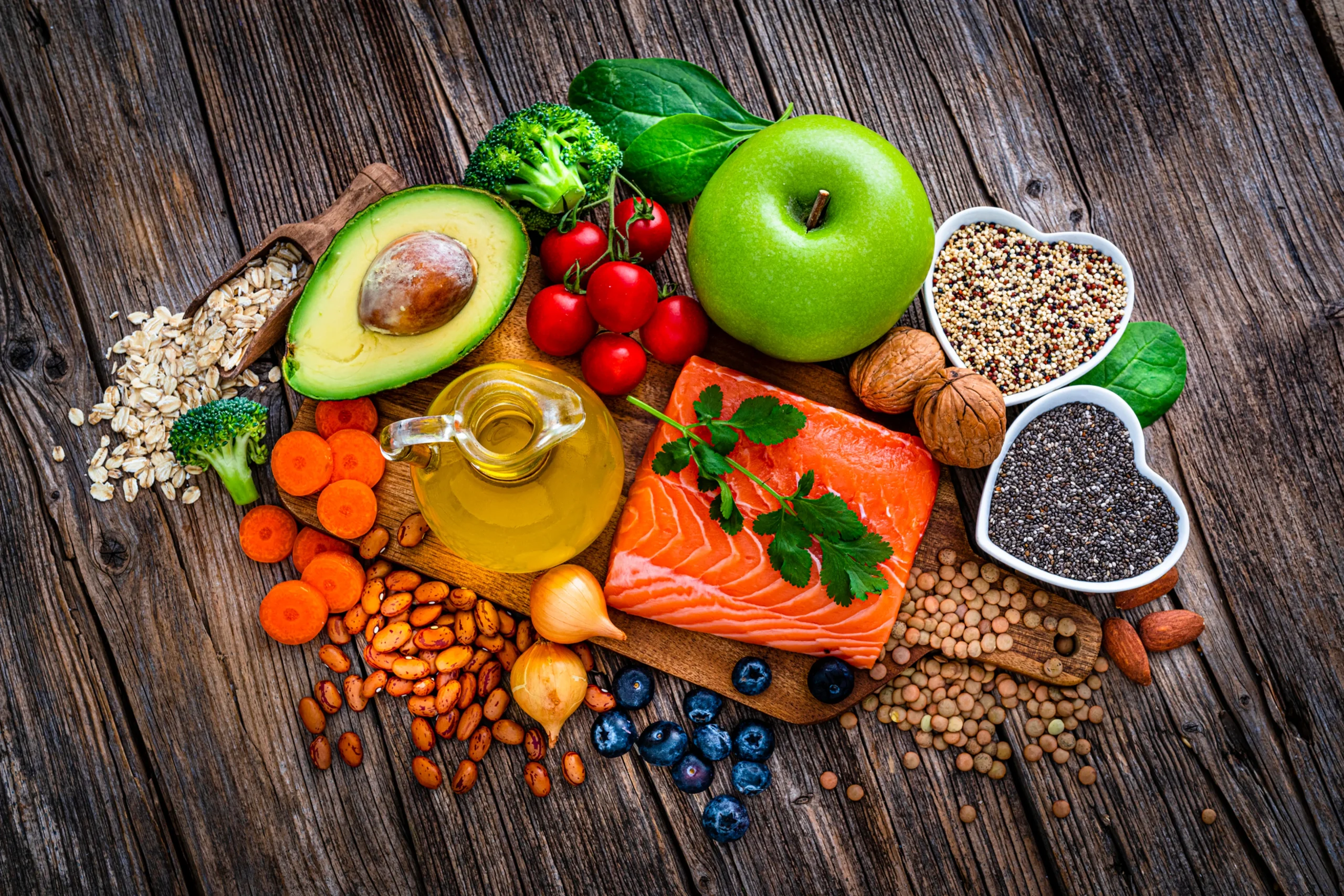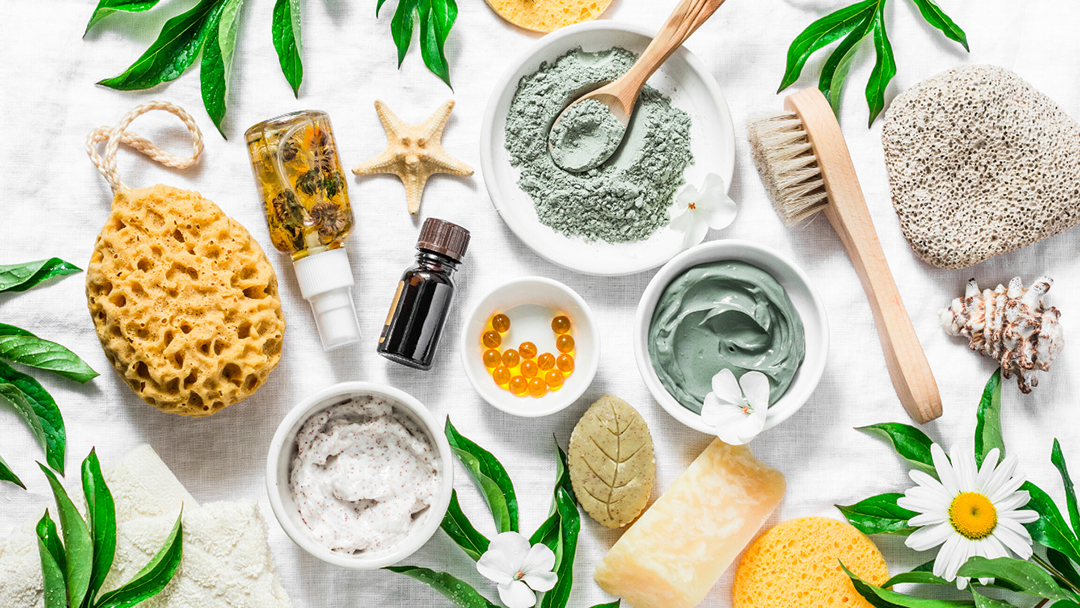Can Matcha Cause Anemia? The Truth Behind the Viral Claim
TEMPO.CO, Jakarta – Matcha, a powdered green tea from Japan that has gained global popularity, is currently a hot topic on social media. Some users claim that consuming matcha can cause anemia by inhibiting iron absorption. Is there any truth to this claim?
Matcha’s Composition
According to Verywell Health, matcha is a high-quality powdered green tea made from finely ground leaves. Unlike regular tea, which is brewed and then strained, matcha involves consuming the entire powdered leaf, making its active ingredients more concentrated.
Matcha is celebrated for its rich antioxidant content, lower caffeine levels compared to coffee, and the presence of L-theanine, which promotes a state of calm focus. However, matcha also contains high levels of tannins, a type of polyphenol that can bind to iron in the digestive tract, making it difficult for the body to absorb.
Debbie Petitpain, a nutrition expert from the Academy of Nutrition and Dietetics, explains that this effect primarily impacts non-heme iron, which is found in plant-based foods, such as green vegetables and legumes. The absorption of heme iron, found in meat, is much less affected.
How Significant Is the Impact of Consuming Matcha?
Research suggests that just one serving of green tea can reduce the absorption of non-heme iron by 60–90 percent. Since matcha is more concentrated than regular green tea, its effect is potentially greater, especially when consumed with meals rich in plant-based iron.
Can Matcha Cause Anemia?
Nutrition expert Kirbie Daily, as cited by Health, clarifies that matcha does not directly cause iron deficiency anemia. However, when consumed close to mealtime, particularly with meals rich in plant-based iron, its ability to inhibit iron absorption becomes more pronounced.
Who Should Be Cautious When Consuming Matcha?
For most healthy individuals, this effect does not pose a significant risk. However, certain groups should exercise more caution, including:
– Pregnant and breastfeeding women due to their increased iron requirements.
– Women with heavy menstruation.
– Vegetarians or vegans who rely solely on plant-based iron sources.
– Individuals with digestive disorders, such as celiac disease or inflammatory bowel disease.
Iron deficiency anemia can manifest as symptoms like fatigue, pale skin, dizziness, shortness of breath, cold hands and feet, chest pain, headaches, and brittle nails.
How to Safely Enjoy Matcha
To mitigate the risk of decreased iron absorption due to consuming matcha, consider these recommendations:
1. Time Your Consumption
Avoid drinking matcha with or immediately after meals. It is best to wait 1–2 hours after eating before consuming it.
2. Limit Serving Size
One cup of matcha per day is generally considered safe for most people.
3. Pair with Vitamin C
Consuming matcha with a source of vitamin C, such as oranges, strawberries, bell peppers, or broccoli, can help increase iron absorption.
4. Monitor Caffeine Intake
A single teaspoon of matcha contains 70–80 mg of caffeine. If you consume other caffeinated beverages like coffee or tea, be mindful of your total daily intake to ensure it is not excessive.
Editor’s Choice: Matcha vs. Green Tea: What’s the Real Difference?
Click here to get the latest news updates from Tempo on Google News
Share this article:












